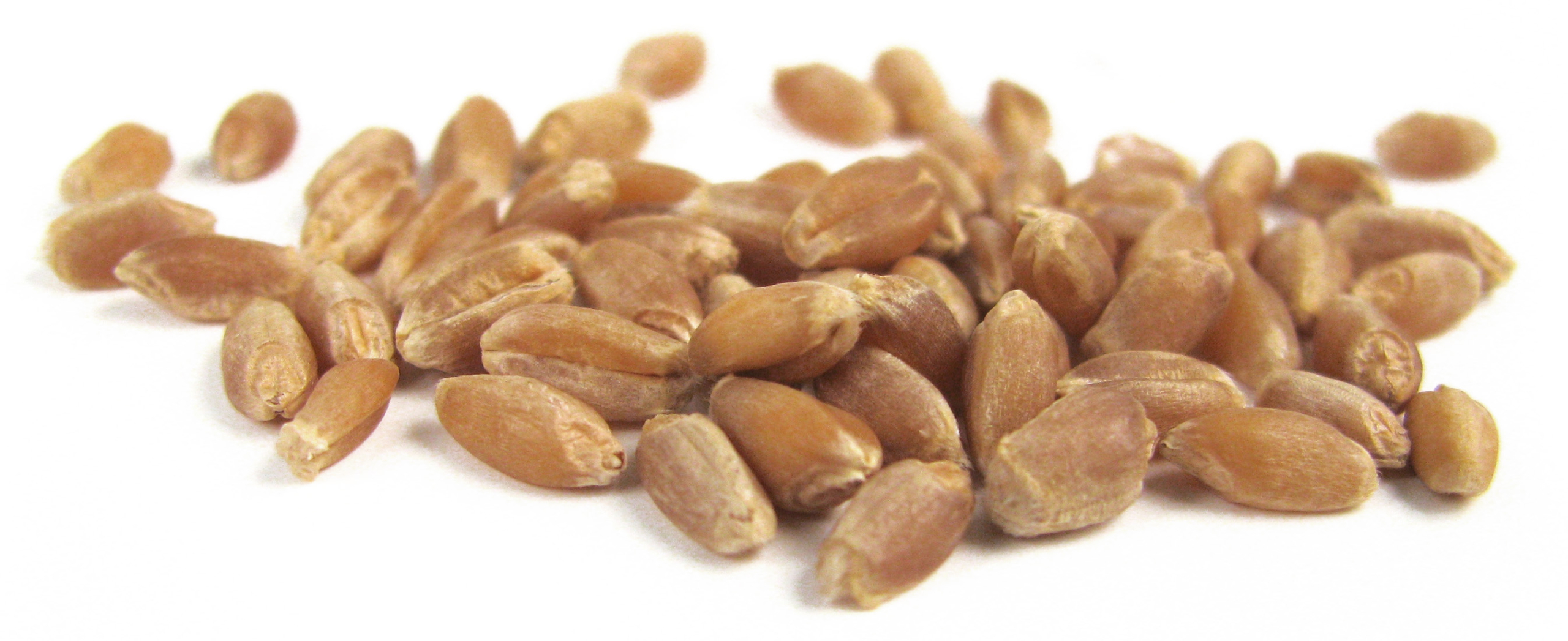Cake and pastry consumption in the People’s Republic of China is growing but millers there struggle to produce the best flour for their customers. By leveraging expertise on its staff and working with public and private partners, USDA Foreign Agricultural Service cooperator U.S. Wheat Associates (USW) were increasing exports of soft white wheat to China for farmers in Washington state, Oregon and Idaho prior to the implementation of retaliatory tariffs.
Soft white (SW) wheat mills into excellent cake and pastry flour needed to meet growing Chinese demand. Chinese mills have some influence on what type of wheat may be imported and may import a limited amount of wheat privately. This supports USW using funding from the Market Access Program (MAP) and the Foreign Market Development (FMD) program to promote SW performance and help millers purchase it and mill it.
In June 2017, USW brought six executives from four Chinese flour mills to Portland, OR, to participate in a wheat procurement course and visits to the USDA-ARS Western Wheat Quality Laboratory in Pullman, WA, and SW breeding programs in the Pacific Northwest.
In China, USW arranged technical support meetings at local flour mills. Its Beijing and Hong Kong staff set up local trials with millers to demonstrate SW flour performance in Chinese and Western style baking. USW continued sending consultants to the Sino American Baking School in Guangzhou to teach new bakers the best uses of SW flour in cakes and pastries.
Also in 2017, USW and flour mill manufacturer Buhler teamed up to put on a week-long technical seminar focused on the milling of SW at Buhler’s location in Wuxi, Jiangsu province. Peter Lloyd and Buhler experts addressed 16 managers from eight Chinese mills who all reported that the seminar addressed some of the unfamiliar challenges of milling SW.
After importing less than 52,000 metric tons (MT) of SW in marketing year 2015/16 (June 1 to May 31), China purchased more than 227,500 MT in 2016/17. In 2017/18, China’s imports of SW stood at 307,000 MT. USW staff notes that much of this volume was imported by trading companies that had to pay out of quota duties on the wheat, in the hope of selling it on to Chinese mills willing to pay a premium over domestic wheat.
That year, prior to the trade conflict with China, total U.S. wheat exports reached 1.6 MMT with returns of more than $330 million 2017/18 to wheat farmers and related industries in Washington, Oregon and Idaho.



